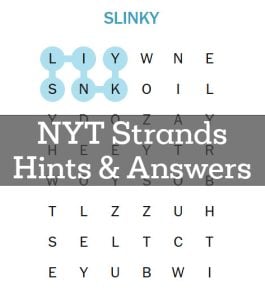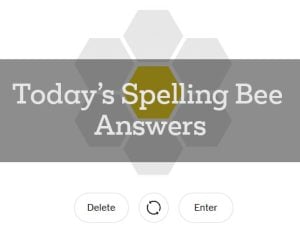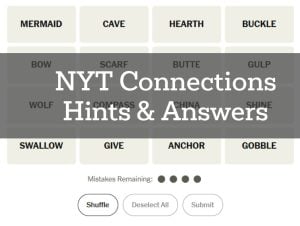Looking for the answers and hints for the Strands puzzle from June 16, 2025? You’ve come to the right place! Every day, we archive the solutions to help you check your work or get that final clue you need. Below you will find all the answers for yesterday’s Strands challenge.
Strands Hints for June 16, 2025
Here are all the official hints to guide you toward the solution.
- Today's Strands puzzle hits all the right notes, featuring compositions that you might hear in a concert hall, each played with keys and strings, but never with reeds or valves.
- Reflect on classical music, where movements are composed and performers might exhibit their skills through intricate finger work, always solo, without the need for company.
- If you listen closely, you might hear the echoes of a European dance, a quiet evening piece, or even a preparatory musical introduction all featured prominently in today's ensemble of answers.
- From lively pieces that could accompany a king's ball, to ones you might study to perfection during practice, these terms also describe the parts and pieces found within a larger musical work or cycle.
- Finally, whether you're in the mood for a quick-paced exercise, or a slow and stately dance, each term you're searching for is also a type of composition that a virtuoso might play, and they all share a common stage with Chopin or Beethoven.
Spoiler Warning!
The final answers are below. Stop scrolling now if you want to solve it yourself!
Strands Answer for June 16, 2025
Here is the final, official answer for the Strands puzzle that was released on June 16, 2025.
Today’s NYT Strands Answers
Words:
- ETUDE: Derived from the French word for "study," an etude is a musical composition that is designed as a practice piece to perfect a particular technical aspect of playing an instrument. Pianists, for example, often use etudes to improve their finger agility, strength, and independence. Celebrated composers like Chopin and Liszt have written etudes that have become standard repertoire for piano.
- SUITE: A suite is a set of instrumental compositions, usually dances, grouped together in a single work, often in the same key. Ahead of its baroque associations, the suite can also be a collection of pieces with diverse characters but with an underlying unity. In the context of piano music, suites might contain movements such as allemandes, courantes, sarabandes, and gavottes.
- MINUET: Historically a dance in 3/4 time that originated in France during the Baroque era, a minuet is often graceful and elegant. It traditionally appears as one of the movements within a larger work such as a symphony, sonata, or suite. For piano, it is a piece that might be played with careful attention to its rhythmic poise and melodic charm.
- NOCTURNE: A nocturne is a musical composition that is inspired by, or evocative of, the night. Nocturnes are typically lyrical and often contemplative, tasked with conveying a mood rather than building upon a dance form or serving a didactic purpose like an etude. Many nocturnes, particularly those composed by Frédéric Chopin, feature beautiful and intricate passages that test the expressive capabilities of the pianist.
- SONATA: A sonata is a complex musical composition, traditionally for a solo instrument or a small ensemble, that usually includes several movements with varying tempos and characters. For piano, sonatas are a significant form encompassing some of the most important music written for the instrument, with Beethoven’s 32 piano sonatas being among the most famous examples.
- PRELUDE: Typically an introductory piece, a prelude often precedes a fugue or another piece within a larger work, though it can also stand alone. Preludes are designed to explore the key or set the mood of the ensuing music. In piano literature, preludes can range from simple to highly elaborate, with famous collections by composers such as Bach (The Well-Tempered Clavier) and Rachmaninoff.
Spangram: PIANO PIECES
The spangram "PIANO PIECES" ties directly into the theme of the puzzle, which is "Key notes." Each of the answer words relates to compositions that can be performed on a piano. A spangram, which is a type of anagram where all the letters of the alphabet are used at least once, cleverly sums up the overall theme of piano repertoire, indicating that the answers themselves are all various types of pieces that one might find in a piano collection.
Theme: Key notes
The theme "Key notes" plays a dual role as a phrase that identifies the importance (key) and the musical notes of the puzzle. Each of the words featured in the puzzle refers to a specific type of musical piece that can be played on the piano, which uses keys to produce notes. Thus, every word is indeed a "key note" in the expansive melody that encompasses piano composition and its performance.
Read More Daily Game Answers
Check out the answers and hints for our other popular daily word games and puzzles.






